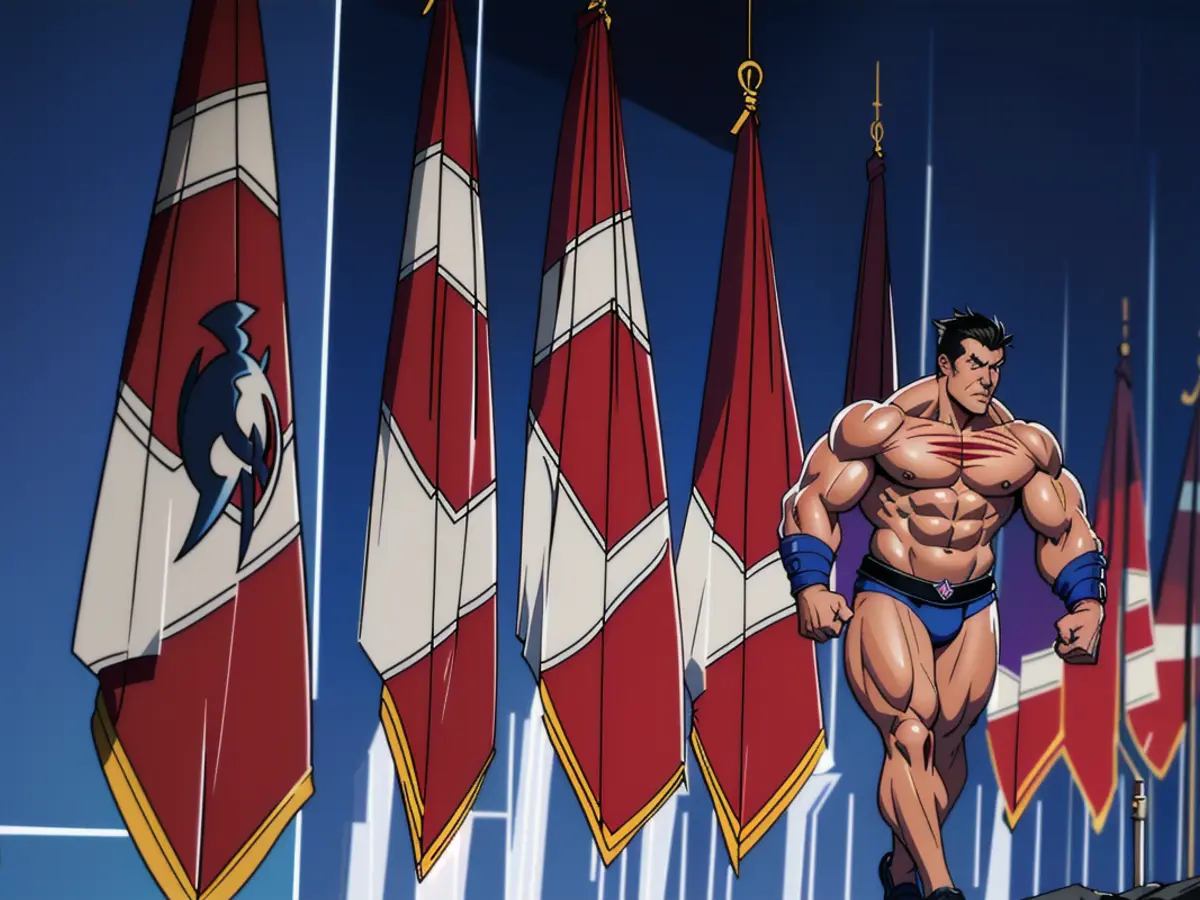The Trade Conflict and Its Indications of Personality-Based Evaluation
Diving into the realm of virtue ethics, we find a unique perspective on decision-making, including the ongoing trade war, by focusing on character. At the heart of this philosophy, the famous Greek philosopher Aristotle introduced "practical wisdom," which underscores the importance of strong character as the basis for informed judgments. Traditionally, however, decision-making tends to rely on a consequentialist approach that uses cost-benefit analysis as justification, often overlooking this essential component.
Research by Flyvbjerg and Bester in 2021 demonstrated that cost-benefit analysis can suffer from inaccuracies and unreliability. They noted a trend towards underestimating costs and overestimating benefits, and vulnerability to manipulation to promote specific agendas. Three primary sources of bias stem from the data used, time horizons considered, and the degree of externalities incorporated in the analysis. For instance, in the context of the trade war, debates over fentanyl origins and tariffs' impacts on fentanyl-related deaths have been ongoing. Moreover, cost-benefit analysis can sometimes be excessively limiting and misleading.
A more robust alternative involves considering how character-based judgments underpin decision-making. This significantly improves our understanding of what constitutes strong character, how imbalances lead to blind spots in decision making, and the methods for mitigating their impacts. It's important to emphasize character development, especially for those wielding substantial power.
In analyzing character dimensions, we can examine 11 interconnected facets: drive, collaboration, humanity, humility, integrity, temperance, justice, accountability, courage, transcendence, and judgment. Each dimension presents a set of behaviors that could be developed, such as situationally-awareness, analytical, and decisive thinking. However, judgment's strength lies in being supported by dimensions such as justice, humility, humanity, and accountability, which allows for an encompassing view and a broader consideration of stakeholders' needs.
Although virtue ethics and character-based judgments can be beneficial, a common misconception persists that character is solely about being a good or nice person. Contrary to this belief, research from scholars like Kiel in his 2015 "Return on Character" book reveals an impressive fivefold return on assets for leaders with strong character. Similarly, in our 2023 "Character Compass" book, my colleagues and I shared evidence that strengthening character and competence together leads to a 14% increase in leader effectiveness. Strong character is essential, especially when faced with challenging situations, such as the ongoing trade war.
The true test of character lies in assessing leaders' decision-making, uncovering potential blind spots, and mitigating their impacts. It's crucial to recognize that any character dimension can operate in deficient or excess vice states. For instance, over-emphasizing drive and underestimating humility might result in arrogance, micro-management, and disregard for negative feedback. To address these imbalances and reduce blind spots in decision-making, we should assess character at various levels, including ourselves, organizations, and societies.
Embracing virtue ethics and character-based judgments can yield meaningful benefits for the trade war and wider decision-making processes. By shifting our focus from cost-benefit analyses to character dimensions, we can foster accountable and fair trade policies, tackle complex challenges with a more comprehensive approach, and build trust in our leaders and policymakers.
- Despite the reliance on consequentialism in decision-making during the trade war, incorporating virtue ethics and focusing on character could lead to more informed judgments, as suggested by Aristotle's concept of practical wisdom.
- The misconception that character solely refers to being a good or nice person has been debunked by research, such as Kiel's 2015 book "Return on Character," which shows a fivefold return on assets for leaders with strong character.
- In the context of the trade war, underestimating the importance of character and overrelying on cost-benefit analysis can result in blind spots, such as a disregard for negative feedback and micro-management due to an overemphasis on drive.
- By assessing character at various levels during the trade war, including in ourselves, organizations, and societies, we can mitigate the impacts of deficient or excess vice states, fostering accountable and fair trade policies and building trust in our leaders and policymakers.






